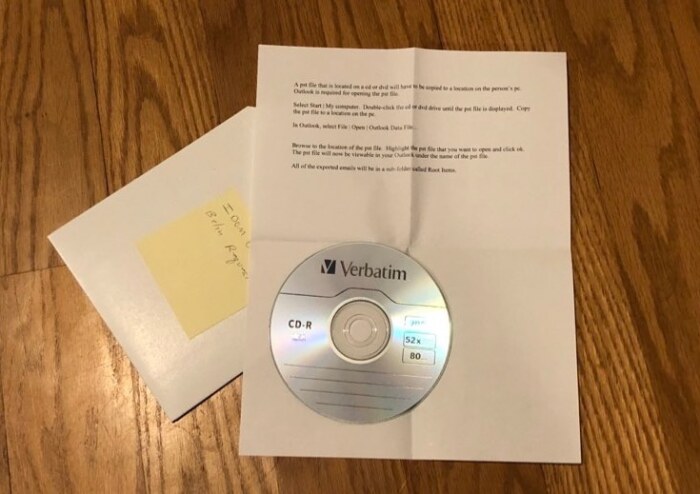UPDATE: On March 30, Iowa Senate leaders placed House File 350 on the “unfinished business” calendar, keeping it alive for the 2023 legislative session. However, House File 333 is dead for this year. Original post follows.
The Iowa House has unanimously approved a bill designed to improve the process for those seeking public records from government bodies.
House File 350 would add new language to the open records law, known as Chapter 22, requiring government bodies to “promptly acknowledge” requests for public records and provide contact information for the person designated to handle the request.
The records custodian would also have to provide an “approximate date” for producing the records and an estimate for the cost involved in compiling and reviewing them. Finally, the custodian would need to inform the person seeking records “of any expected delay” in providing them.
The Iowa Public Information Board, which is charged with enforcing the state’s sunshine laws, proposed the bill using language that closely follows one of the board’s advisory opinions.
The goal is to address a recurring problem: some government bodies ignore records requests for weeks or months, leaving members of the public with no idea when or whether they will receive the material. For instance, Clark Kauffman of Iowa Capital Dispatch and Bleeding Heartland guest author Rachel Bruns both experienced lengthy delays when seeking information from the Iowa Department of Public Health.
The public information board’s executive director Margaret Johnson told state lawmakers in July 2022 that the agency has received an “increasing number of complaints” related to requests that the government body never acknowledged.
For that reason, the board initiated administrative rulemaking last summer that would have (among other things) required custodians to acknowledge receipt of records requests within two business days. However, the board dropped the administrative rules package after organizations representing local governments argued the agency lacks the authority to issue any rule imposing time frames for compliance that are not spelled out in state law.
Presenting the bill on March 9, Republican State Representative Cindy Golding told colleagues she had just heard from Johnson about another complaint “that would have been easily resolved if the governing body had responded acknowledging the request.”
Democratic State Representative Eric Gjerde, who also served on the subcommittee for House File 350, said the measure would provide “more transparency to the citizens of Iowa.” Another benefit would be that if someone requests information that is not a public record, the government body would need to explain why the documents are not subject to the open records law.
Golding alluded to “a lot of conversations with the government agencies, who gave us some pushback,” not wanting a statutory requirement to acknowledge requests in a timely fashion. House members approved the bill by 96 votes to 0. A companion bill with slightly different wording has already cleared the Iowa Senate State Government Committee but has not been brought up on the floor.
The lobbyist declarations show no entity was registered against House File 350 prior to the House vote. However, the Iowa County Attorneys Association registered its opposition a few hours after passage in the lower chamber. Those supporting the bill include the Iowa Public Information Board, ACLU of Iowa, Iowa Federation of Labor AFL-CIO, Sierra Club Iowa chapter, and Iowans for Tax Relief.
On February 22, House members unanimously approved another bill proposed by the public information board. House File 333 allows members of the public to file a complaint over an open records or open meeting violation within 90 days “from the time the alleged violation occurred or the complainant could have become aware of the violation with reasonable diligence.” Current law requires complaints to be filed within 60 days of an alleged infraction.
House File 333 has been assigned to a Senate subcommittee that has not yet met. To remain alive, the bill will need to clear the Senate State Government Committee before the legislature’s second “funnel” deadline, March 31.
A different open records bill, which had alarmed transparency advocates, appears to be dead for this year after failing to receive committee approval before the legislature’s first funnel on March 3. Senate File 370 would have required those seeking public records to exhaust “all administrative remedies” before filing a lawsuit in District Court. Opponents of the bill argued it would make it harder to obtain records, since complaints filed with the Iowa Public Information Board often take a long time to resolve.

